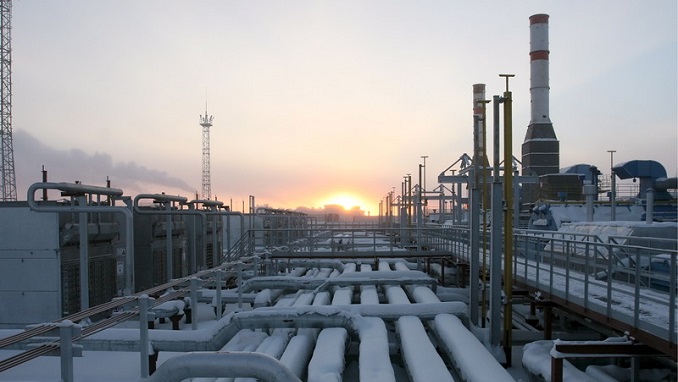The Nord Stream 2 gas pipeline’s first string has been filled with technical gas and is ready to carry gas, while the second string is nearing completion, according to the project’s operator. However, despite an impending energy crisis and gas prices that have yet to fall below $1,000 a cubic meter, Europe seems to be in no rush to begin exporting gas through the new route, according to Rossiyskaya Gazeta.
Some criticize the European Union’s officials for their rushed decision to forsake fossil fuels, while others blame Russia as the primary gas source. However, Gazprom continues to meet all of its export commitments, and it is suppliers from other countries that profit the most from high commodity-exchange gas prices, not Russia.
According to the most recent Gazprom estimates, Russia’s pipeline gas export price is $295-330 per cubic meter; this is the price at which Russia is presently exporting gas to Europe under long-term contracts.
Spot contracts, on the other hand, entail immediate payment and gas supply that are linked to commodity-exchange prices. This is how European gas producers, mostly Norwegians, operate, as well as businesses exporting liquefied natural gas (LNG) from the United States, Australia, and the Middle East.
However, just a tiny quantity of LNG has arrived in Europe this year since producers can earn more money selling it in Asia. Meanwhile, Russia will benefit greatly, according to Alexei Grivach, Deputy Director of the National Energy Security Fund.
Pipeline gas costs have risen by 50-60% this year. According to the expert, given the anticipated delivery volumes, Russia might earn an extra $5.5-6.5 billion in fees alone.
Meanwhile, spot gas prices have risen by 600% this year, and Norway accounts for approximately 20% of European gas imports (compared to Russia’s estimated 33%). Even when Russian export quantities are included, Norwegian businesses will profit more from the present situation.
The primary complaint leveled against Russia’s Gazprom is that it is a state-owned enterprise with the political aim of increasing Moscow’s influence in Europe. However, it doesn’t work in this case since the Norwegian government has a majority stake in Equinor, the Scandinavian country’s main oil and gas firm.












